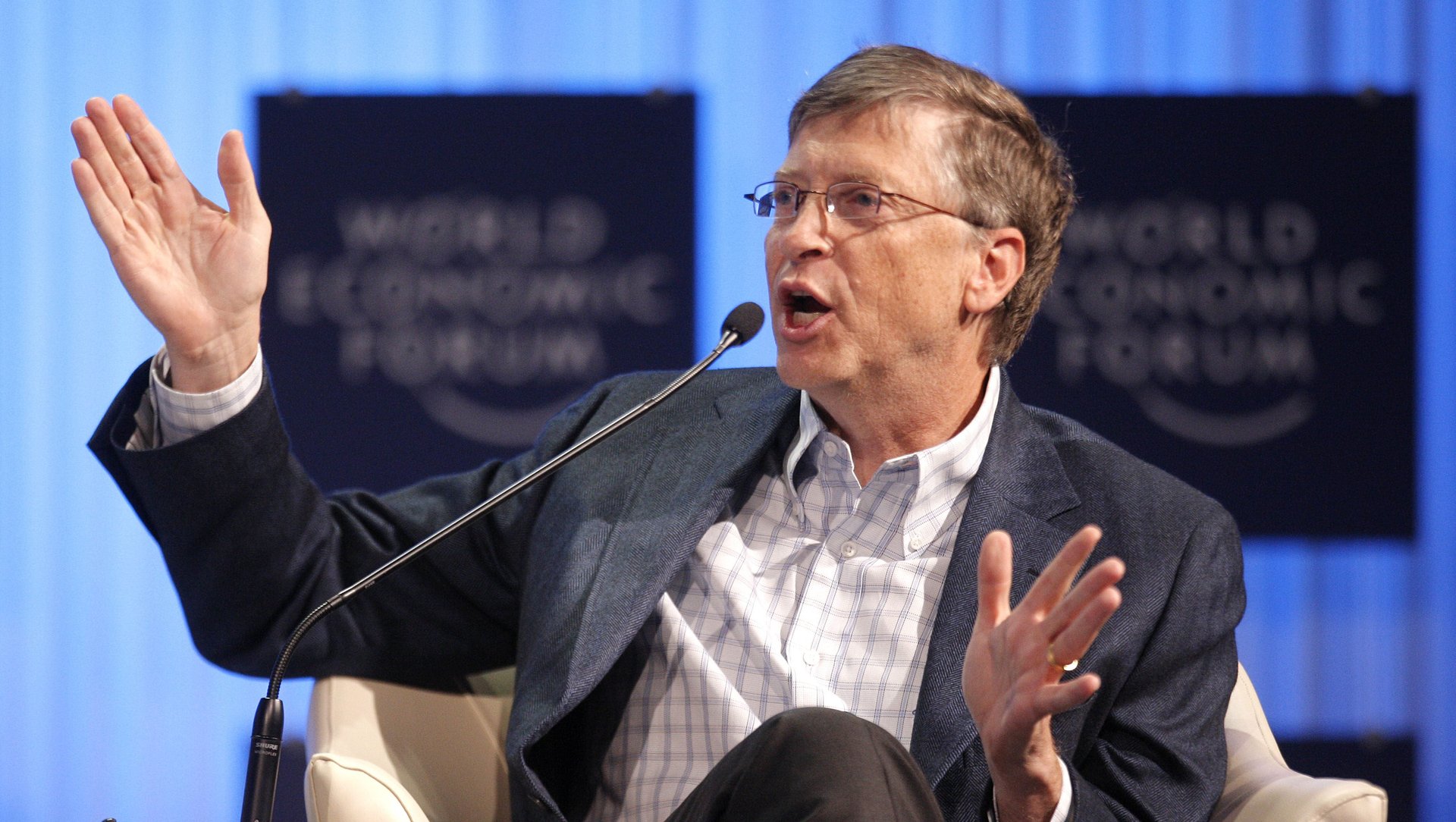Bill Gates is funding a smart city in the United States—India’s already trying to build 100
An investment firm led by Bill Gates is spending $80 million to build a new smart city named Belmont in Arizona, just 45 minutes away from Phoenix.


An investment firm led by Bill Gates is spending $80 million to build a new smart city named Belmont in Arizona, just 45 minutes away from Phoenix.
The plan is ambitious, including plans for digital infrastructure like data centers and autonomous logistics hubs as well as schools and public spaces, according to a statement by the firm. Belmont is planned to span 25,000 acres with space for 80,000 residential units. But it’s hardly the first—India, with its quickly growing population and rapid adoption of new technologies like artificial intelligence, has already been working to build “smart cities” with similar aims.
India’s initiative started in 2014, with the goal of building 100 high-tech cities from the ground up, which could serve as a blueprint for India’s future infrastructure. That plan shifted over the next year, eventually evolving to improving infrastructure in existing cities, according to the Hindustan Times.
Unlike Belmont in the United States, India’s smart city movement is largely led by the federal government, which has been criticized by the private sector for moving too slowly, according to a report in The Economic Times. Of the 100 cities originally intended to be included in the project, work has only started in 20.
“When we looked at it from outside, we have been seeing the initiative for some time but it’s not moving as fast as you would expect it to move…so, getting enterprises involved in the city is always helpful,” Nokia’s global head of Internet of Things, Rakesh Kushwaha, told ET.
The difference between private and public leadership in the project might make a difference in the ease of Belmont’s development; Indian officials told the Hindustan Times that a large delay was the process of selecting contractors through the government’s bidding process. A private, independently-funded venture limited to a single geographic location could simplify that process—plus Bill Gates’ name attached to the project doesn’t hurt when requesting proposals.
Critics of India’s plan might have similar critique of Gates’ techno-utopia: Creating a city for those who can pay to live in the future damns those who can’t afford it to live in the past.